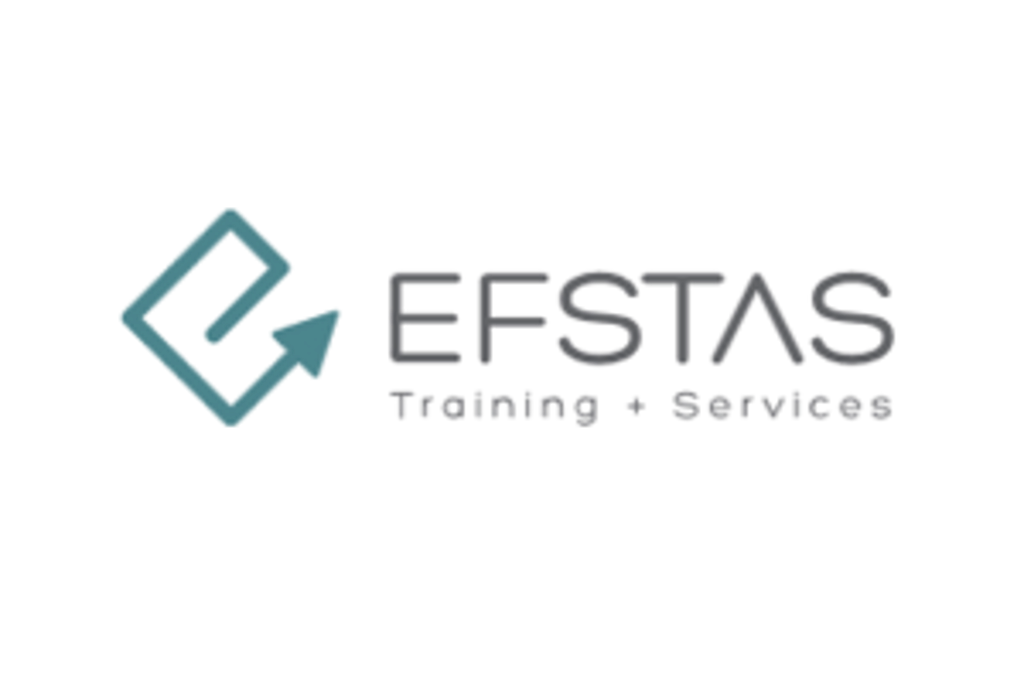
EFSTAS (formerly ProSalus) is an accepted course provider for the Process Hazard & Risk Analysis training of the TÜV Rheinland Functional Safety Training Program.
The FS Engineer (TÜV Rheinland) certificate demonstrates competency in the fundamentals of Functional Safety and provides a skill set that is transferable from one work situation to another and enables staff to fulfill responsibilities and to perform activities to recognised standards of competence on a regular basis, in order to
- reduce risks
- satisfy legal and regulatory requirements
- meet the organisation’s safety and business objectives.
By understanding:
- The PHRA principles and concepts in the internationally agreed standards IEC 61508 and IEC 61511,
- The concepts and principles behind international standards that cover the area of process hazard and risk assessment and how and when to apply them including:
- Hazard identification (HAZID) – ISO 17776
- Hazard and operability study (HAZOP) – IE 61882
- Event Tree Analysis – IEC 62502
- Fault Tree Analysis – IEC 61025
- Failure Mode and Effect Analysis – IEC 60812
- Tolerable risk targets and the concept of reducing risks to as low as reasonably possible (ALARP)
- The concepts and differences between qualitative, semi quantitative and quantitative risk assessment methods and when and how to apply them,
- How to set up, use and apply the most popular safety integrity level (SIL) risk assessment methods: Hazard Risk Matrix, Risk Graph, Layers of protection analysis (LOPA).
- The Interface between PHRA and the Safety Requirements Specification (SRS).
Target Group
Process Engineers, Safety Engineers and managers, Operations personnel and managers, Instrument engineers, as well as Maintenance engineers and personnel, consultants, advisors, persons involved in management, engineering, operations and safety of process operations as well as persons with HAZID study experience and who are involved in any of the early lifecycle phases for process hazard and risk assessment, allocation of safety layers and safety requirements specification.
Agenda
Requirements
In accordance with the TÜV Rheinland Functional Safety Training Program:
- A minimum of 3 to 5 years experience in the field of functional safety.
- University degree or equivalent engineering experience and responsibilities as certified by employer or engineering institution.
Exam
Day four consists of a four-hour two-part proficiency examination with:
Part 1 = 30 multiple-choice questions – 1 Hour
Part 2 = Case Study with 7 milestone questions – 3 Hours
Information
- The training is led by Colin Easton a globally recognised expert in functional safety.
- This training will provide participants with the knowledge for understanding and mastering the application of the most popular and internationally adopted methods and tools for identifying, assessing and managing the hazards and risks associated with their process operations, as well as the confidence to a take a more active role in the PH&RA process.
- Successful participants, who also have sufficient experience, will achieve the prestigious FS Engineer (TÜV Rheinland) PHRA certificate.
- The course will provide three days of classroom tuition and practical guidance, mixed with a practical case study based on a real life example, which will take the participant through the PH&RA process concluding with the development of the SRS.

